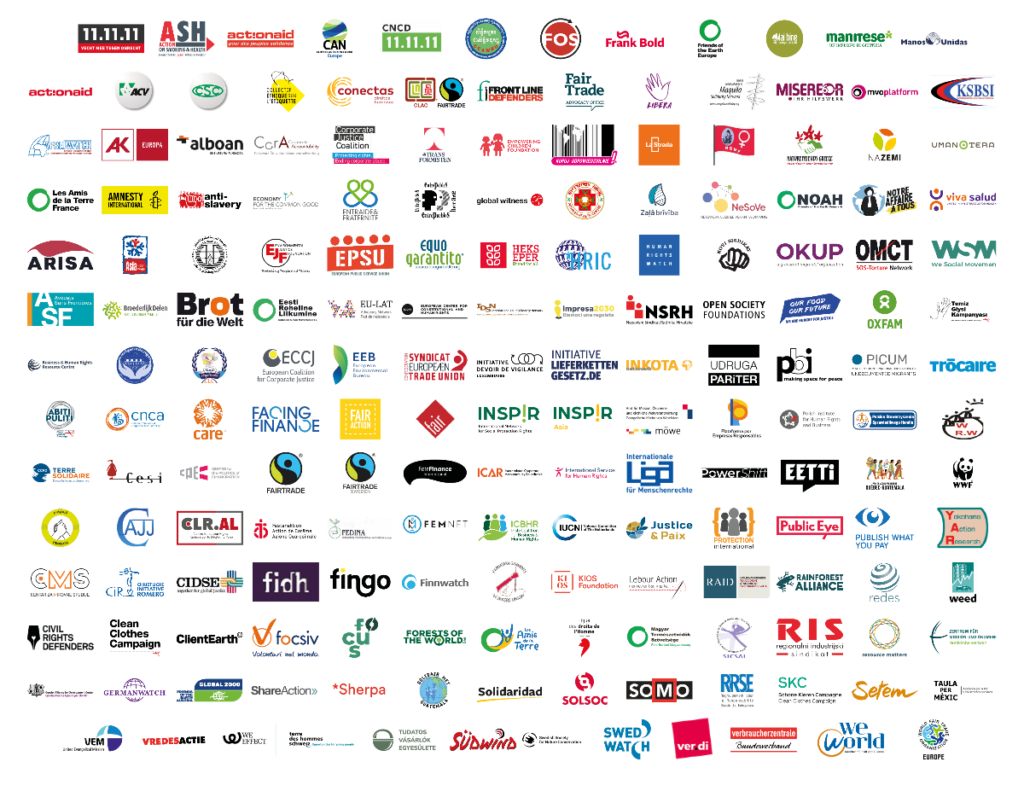On 23 February 2022, the European Commission released its proposal for a directive on Corporate Sustainability Due Diligence. This directive could represent a landmark step forward in minimising the negative impacts of businesses on workers, communities and the environment worldwide. In response, over 220 NGOs and trade unions from around the world welcome the proposal as an essential and long-awaited step toward corporate accountability, responsible business conduct and access to justice.
However, the proposal contains significant flaws that risk preventing the directive from achieving the positive impact that people, planet, and climate urgently need. The signatory human rights, labour and environmental organisations and networks call on the European Parliament and EU Member States to strengthen the text in line with what EU citizens, workers and communities affected by corporate abuses worldwide have vocally and publicly demanded.
ISHR, as part of this coalition, finds of grave concern the lack of specific references to human rights and environmental defenders. The proposal fails to offer protection to all human rights and environmental defenders across the world, and only proposes to protect EU-based workers from the risk of retaliation. Protection for people and communities from retaliation and adverse consequences should be strengthened, in line with existing international standards and best practices.
The joint statement outlines our collective views on how to improve the proposal to guarantee that the law will effectively prevent corporate harm to human rights, the environment and climate; as well as provide victims of corporate abuse with access to effective remedies.
Our key collective asks (here you can find the full civil society statement) :
- To enhance access to justice for victims and consultation for rights-holders, including human rights defenders.
- To strengthen climate obligations on companies.
- To expand the company, value chain and normative scope.
